Fighting Broadleaf Weeds in Santa Barbara
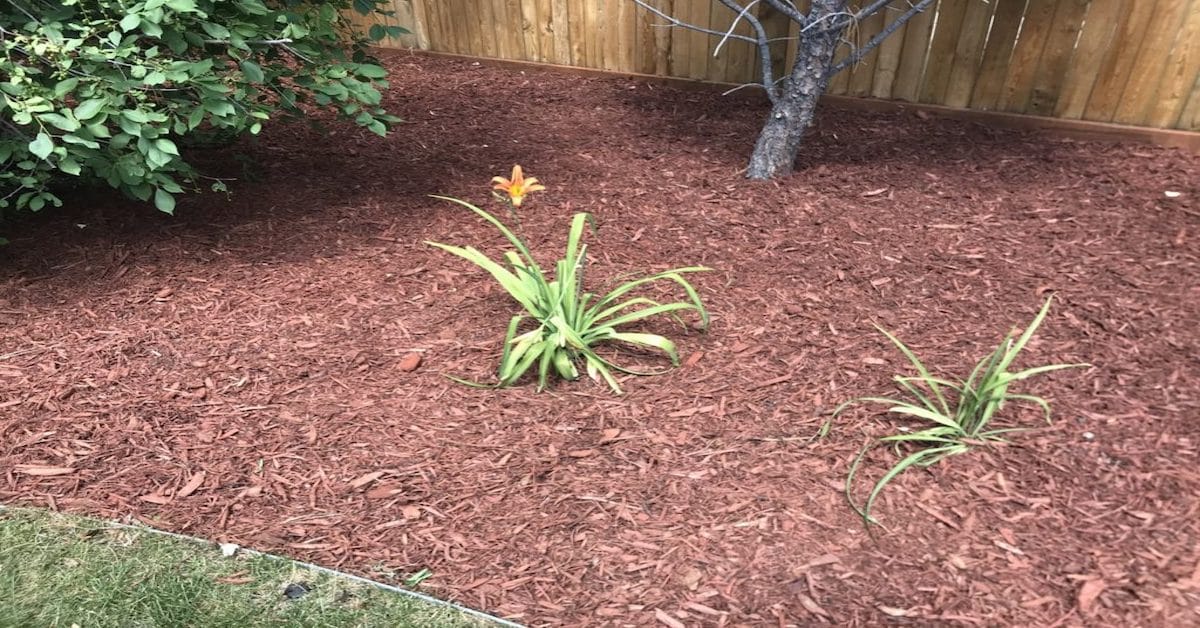
Mulch is an essential component part of planting bed installation. Not only does it create a clean and finished look and a nice backdrop to showcase your plants, it is also very beneficial for their health and vitality. Mulch provides a cover over the soil that protects plants’ roots, stifles weed growth, and retains moisture in the planting bed.
But, given the number of choices for mulch materials, it can be confusing to select one that’s best for your garden. One way to narrow down the selection is the determine if organic or inorganic mulch would suit your landscape’s needs. While there is not one that is universally better than the other, there are key differences between the two to help make the decision.
Organic Mulch
You can probably guess which ones fall into this category. These are the mulch products that are made from living–or once living–things, such as shredded hardwood, grasses, straw, pine needles, leaves, or even compost. The benefits might seem obvious, too. Organic mulches will naturally break down over time, contributing valuable nutrients to the soil and providing natural cooling on hot days with their tendency to retain moisture. However, this breakdown means that organic mulches need replenishment regularly to maintain a suitable cover over the soil—ideally two to three inches.
Some organic mulches are just not right for certain landscapes. Pine needles, for instance, are highly flammable and should never be used in areas susceptible to wildfire, particularly in defensible zones around homes and buildings. Lighter and less dense materials, too, can float and disrupt planting areas around storm management facilities such as rain gardens and detention basins. They can also clog drainage structures, creating the very problem these structures were intended to prevent.
LANDSCAPE COMPANY NEAR ME
There are 2 reasons most clients contact us: to bring drive-up appeal to their home or to replace their current gardener. We take these two reasons to heart. We understand how important your landscape is to you. We are experts on drive-up appeal, water conservation landscaping, seasonal and climate planting, irrigation, and much more.
Inorganic Mulch
Inorganic mulches are a little more varied in material types, ranging from stones to recycled tires. The primary difference here is that inorganic mulches do not break down over time, making them an economically appealing choice, following a greater initial cost to install them. They tend to be lower maintenance as most stay firmly in place in the landscape and do not require adding more every season. They still protect the soil and allow water to percolate through, as well as provide an attractive cover throughout the landscape that can be selected to complement almost any look.
Here in Santa Barbara, heat is a major consideration when selecting a type of inorganic mulch. Rock and darker colored materials can heat up quickly and warm the soil below—a detriment to plants that like to stay cool. Areas of the garden with all day shade might be better for stone material, or it can be used for a desert aesthetic that is more sparsely planted and uses plants that are suitable for hot climates.
Still unsure?
SB Evolution Landscape is your partner in creating a landscape that is appropriate for your property’s conditions and aesthetic. We will help you make the right choice for your budget, your level of maintenance, and your plants’ needs.

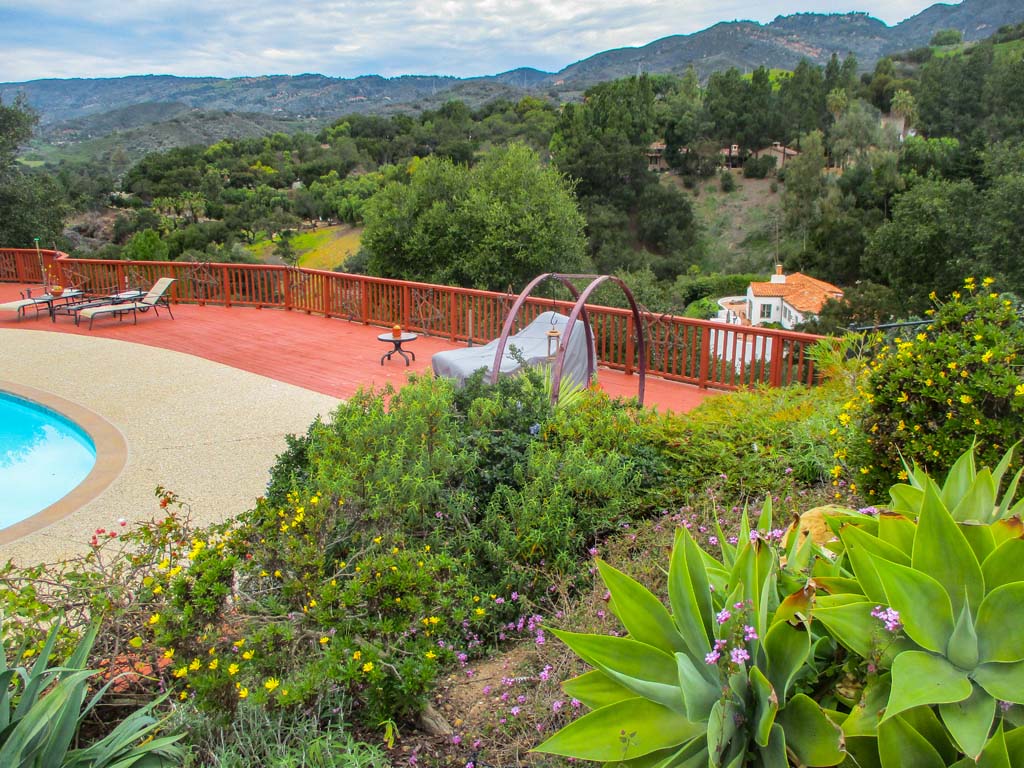

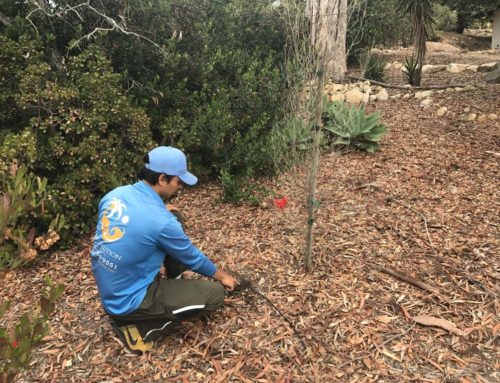
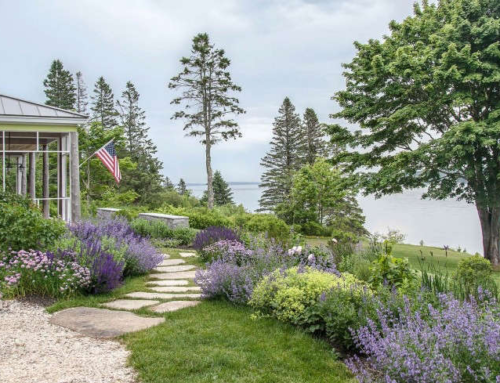
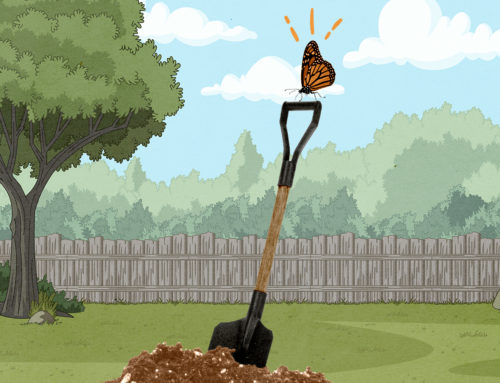

Leave A Comment
You must be logged in to post a comment.